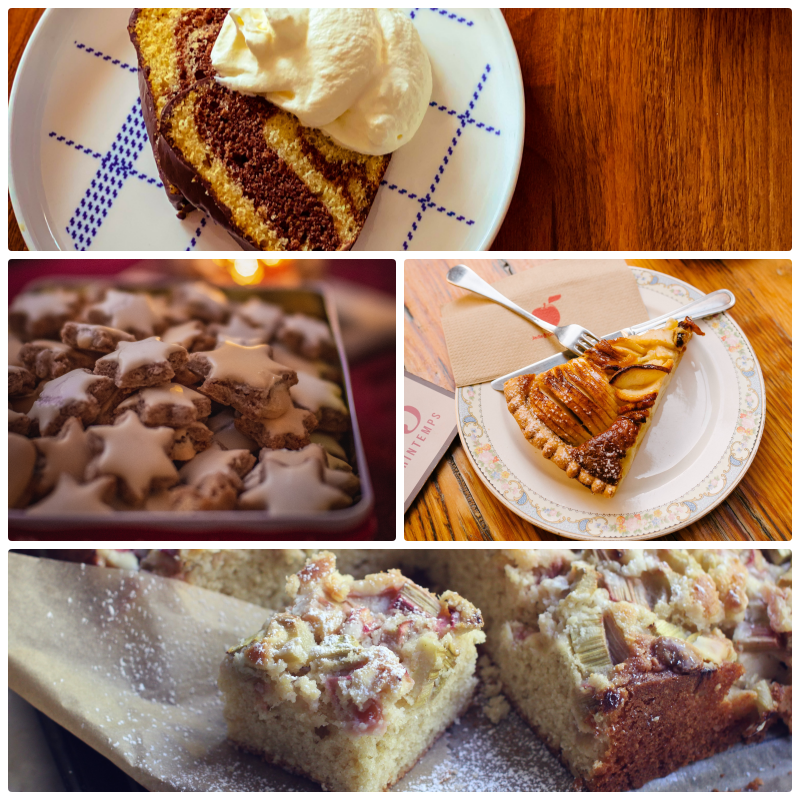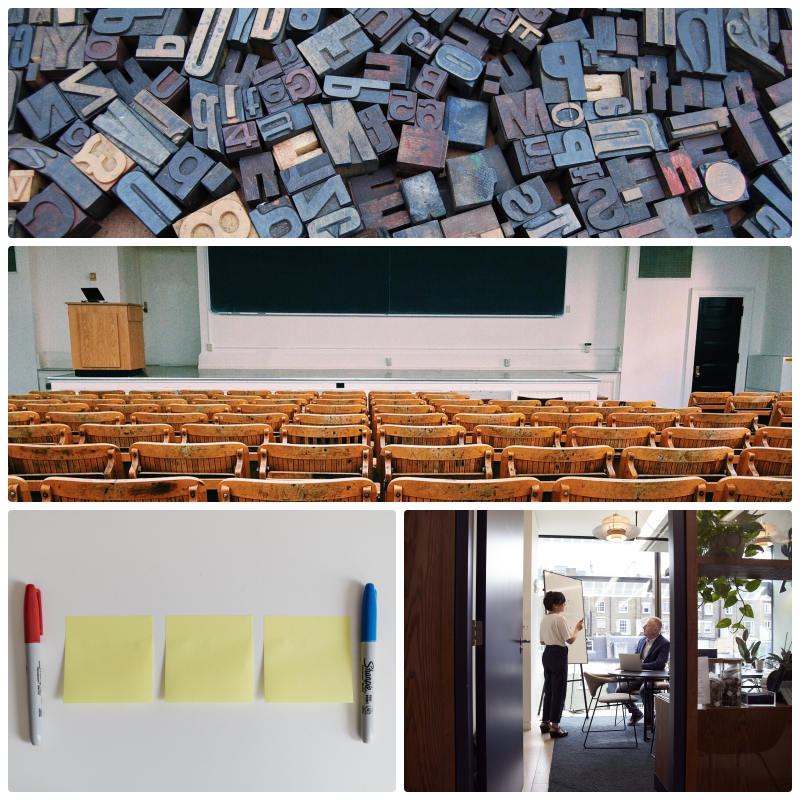Bake Off!
There’s a certain type of dread I have whenever a British TV show focuses on Germany. Generally British TV does a good job of reporting on major German news events such as the flooding in Nordrhein-Westfalen during the summer or the recent tightly contested election. Equally there are many excellent documentaries. What tends to send me into a permanent cringe are those prime time shows that try and bring German culture into the living rooms of British viewers. That being said, it’s a noble cause trying to educate the British on a German topic that doesn’t include the best tanks ever built during World War II.
Although I freely admit my misgivings come from a sense of ownership that many non-German residents feel about their adopted home, I’ve also been scarred by previous experience. The 2013 BBC documentary Make me a German still haunts me today. It was a simple enough idea: take a British family, move them to Germany for a few weeks and see if they can adapt. So far so good. However the documentary itself quickly falls apart as they try and live like an average German, which seems to mostly consist of eating an exact measurement of potatoes every week. The show is notable for displaying a cheerily racist policeman, the desecration of a potato salad and as many WWII references as can be packed into it’s 59min runtime, typified by the breezy line “Nuremberg, famous for its gingerbread, sausages and its Nazi history”.
It was to this line that my mind raced when I discovered that Britain’s premium bake ’em up The Great British Bake Off was planning to have its first ever German week. I was fairly certain given its liberal middle class pedigree that it wouldn’t be all goose-steps and jokes about single testicled dictators, but I wasn’t ruling anything out. Thankfully the theme was handled with the delicacy the show has made its trademark. Sure, there were more than a few campy German accents and some terrible German pronunciation, but given that one of the contestants is German, it was unlikely to overstep.
Instead of riling German viewers with off-colour gags and references to “ze war” the show instead chose to go another route; piss them off by choosing distinctively non-German recipes. The first round of baking gave some insight into what we could expect. The contestants were tasked with baking “German Biscuits” to which I assumed they meant something like Prinzen Rolle or maybe a cheeky LEIBNIZ. Actually, what was meant was a selection of Plätzchen or Christmas biscuits. Despite the fact they all seemed to have been supersized, the results were quite charming. Still, many Germans I spoke to were less than impressed. They didn’t look right, weren’t baked correctly or were decorated in an unacceptable manner. Also they were far too large.
Ok, so round one might have fallen short, but things would surely pick up in round two, where the contestants were tasked with making a Bavarian Prinzregententorte. Well, no actually. For some the description of the chocolate icing that covers the royal dessert as “Gnache” was too much. Sometimes it’s nice when a German stereotype can be seen in the wild and the German sense of unchangeable process is easily one of my favourites.
If any German viewers were hoping for a final round of redemption, those hopes were scuppered as the task of baking a three tiered “German yeast cake” was announced to a collective “HÄ!?”. Jürgen, the only German on the show, with typical German dryness announced to the judges that making a three tired yeast cake was effectively like making a three tiered crumble. This received an apologetic reply and a rather sheepish look from Judge Paul Hollywood. Ironically, Jürgen produced easily the most German of cakes, given the brief, all plats and careful assembly. He received second place for his efforts. First place instead went to the Italian Giuseppe for his cake based on a Panettone, which goes to show that Panettone isn’t just a nice gift for people you don’t really know that well.
My reaction as the credits rolled was one of confusion. It’s always odd seeing German culture through the prism of British TV, but I wasn’t fully prepared to see an Italian cake win in what was supposed to be an exhibition of Germany’s cake culture. The show itself was all the stranger for the many German cakes they decided not to include. Given that Germany seems to have a laundry list of options, choosing none of them was a bold move. Then again, even if they had chosen to make Bienenstich or Apfelkuchen it would probably have been just as annoying to German viewers since The Great British Bakeoff thrives on individuality rather than the ability to uniformly replicate a centuries old recipe.
For comparison I searched through numerous episodes of Germany’s own televised baking show Das große Backen and found their “Britische Woche”. Although the show itself is essentially the same (three rounds of baking, judged by professionals) Das große Backen is basically the supermarket own brand equivalent to the premium luxury of The Great British Bake Off. Fully prepared for a mint sauce flavoured confection or Fish and Chips made from icing sugar, I was surprised to learn that the German version doesn’t restrict it’s recipes to simply cakes. The first round was actually to bake a British pie, all meat and potatoes or in the case of one unfortunate entry, a mussels. Second round asked the contestants to make a Union Jack cake. I don’t really remember this being a traditional favourite in Britain, but then I did move out of the country before Brexit, so anythings possible at this point. The final around of Anglo-German baking resulted in many differently shaped cakes, from Big Ben to an elaborate Tea Cup. Hard to argue the British credential of those two object, especially as I write this with a mug of tea next to me.
Can we learn anything from this journey through country themed baking? Possibly. For one thing, don’t expect too much cultural exchange from a show that asks people to bake things in a couple of hours. Also, perhaps we should accept that Britain is a country of iconoclasts, generally well meaning iconoclasts but iconoclast nonetheless. Finally, and this should be the big take away from both shows, lots of people know very little about other countries unless they’ve been there on holiday. Germany and Britain are united in a generalised misunderstanding of each other, which may seem rather sad but ultimately is rather sweet, especially if it’s packaged in so much icing sugar.
Image Credit
Photo by Phillip Glickman on Unsplash
Photo by Julia Topp on Unsplash
Photo by Jennifer Latuperisa-Andresen on Unsplash
Photo by Sandra Grünewald on Unsplash
Photo by Theme Photos on Unsplash
Photo by Calum Lewis on Unsplash








